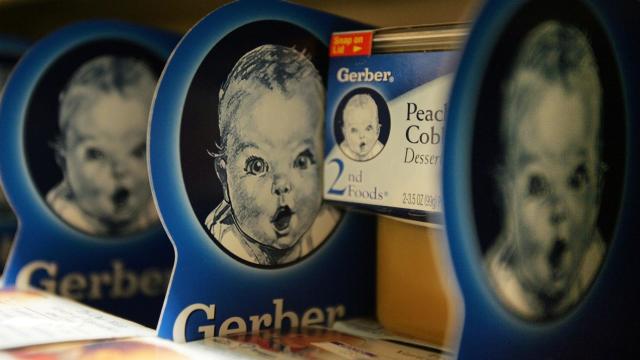A substantial number of U.S. adults don’t want children and are plenty happy about it, new research out Wednesday suggests. The survey found that more than one-fourth of respondents identified as intentionally child-free and that there were no major differences in personality or life satisfaction between them and parents or people who did want kids.
Though the child-free life has been written about for decades, including recently, there’s not too much known about the people who choose it — including how many of these people there really are. In the U.S. since the 1970s, there has been national data available on how often women don’t have children, but a lack of children isn’t the same thing as being child-free. There are many potential parents who simply haven’t had the opportunity or resources to have children yet, for instance, or who are unable to have children but still desire them. So Michigan State University researchers Jennifer Watling Neal and Zachary P. Neal, who are married to each other, wanted to approach the topic from a different angle.
“Past surveys have used data about fertility to identify childfree people, but the choice to be childfree has nothing to do with fertility. Past surveys also tend to focus on women of childbearing age, and leave out men and older adults,” Jennifer Neal, an associate professor in psychology at MSU, told Gizmodo in an email. “This study is different because we identify childfree people by actually asking them if they ever want to have children, and we include men and women of all ages.”
To do this, they turned to data from the MSU’s State of the State Survey, a long running and wide-reaching public opinion survey of residents done over the phone every year since 1994 (currently, the survey is conducted by market research firm YouGov). Specifically, they looked at responses collected from a representative sample of 1,000 adults polled in May 2020, which included questions about having biological or adopted children as well as their personality traits and attitudes toward child-free people in general.

Ultimately, they found that 27% of respondents considered themselves to be child-free, being clearly distinguished from parents and other non-parents. And after controlling for demographic factors like age, education status, and gender, the team “also found that these childfree people are just as satisfied with their lives as parents, childless people, or people who plan to have kids,” Jennifer Neal said.
There were some subtle differences between the groups that held up after accounting for demographics, such as child-free people identifying as more liberal on average and parents being more conservative. Unsurprisingly, parents were more likely to have a current relationship, but only slightly more than half of child-free people were single. Child-free individuals were also a bit younger and less well-educated on average than parents or other non-parents. But there were no major differences when it came to racial status. And when accounting for other factors, there were no big distinctions in common personality traits, though people who aspired to become parents, but weren’t yet, may have been slightly more agreeable than child-free people.
The survey seems to be the first of its kind, and any novel piece of data should be viewed with some caution. Because the survey only involves people from Michigan, for instance, there’s the possibility that other parts of the country may have different trends. But the researchers think their results are probably broadly applicable to the rest of the country.
“It is possible that patterns would look different elsewhere in the U.S. But Michigan’s population closely resembles the overall U.S. population in terms of race, age, income, and education. So, it’s likely the patterns would be similar,” Jennifer Neal said.
The findings may also validate a common complaint voiced by people who identify as child-free — namely the disapproval they experience from others for their choice. In the survey, childfree individuals were noticeably warmer in their attitude toward child-free men and women as a group, while parents and not-yet parents were noticeably colder toward them, both trends holding steady after accounting for other factors.
Even with this new study, there are still lots of questions about child-free people, such as possible reasons why they feel the way they do or when this decision is made, which the pair next wants to look into.
“We’re not able to address this yet, but are hoping to follow up with another study to understand when and why people make the decision to be child-free,” Jennifer Neal said.
